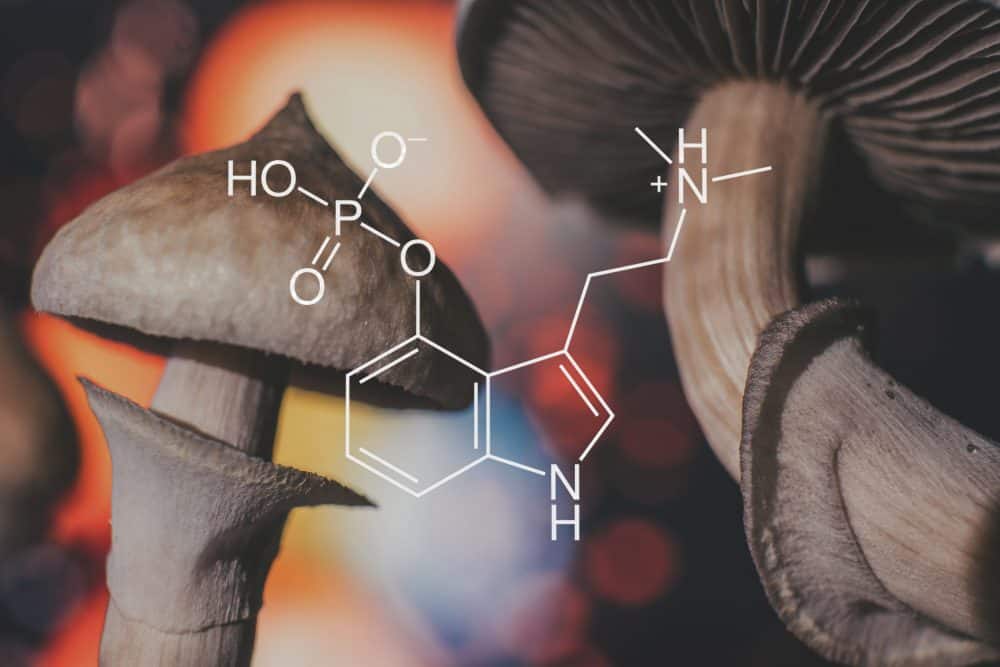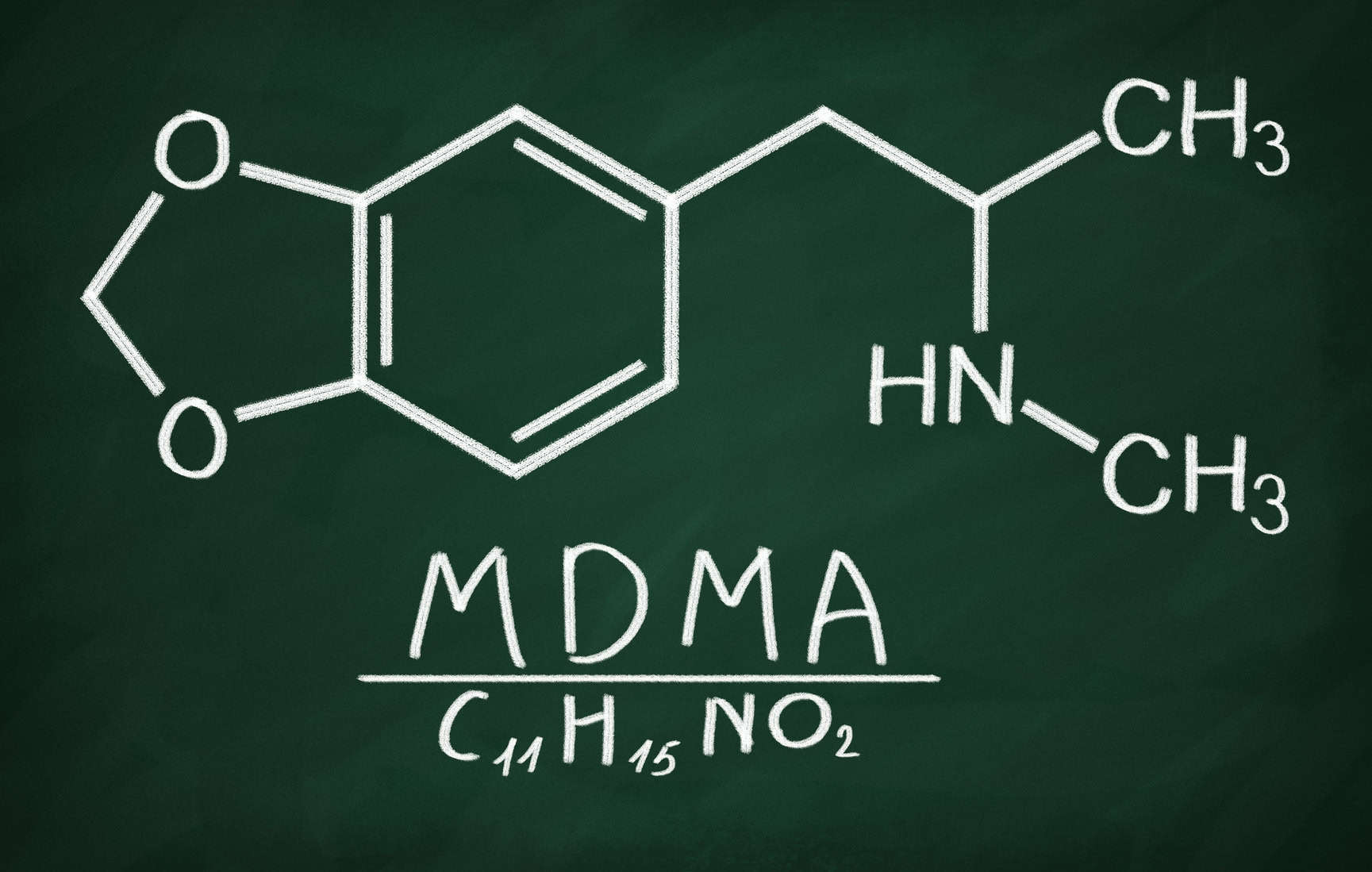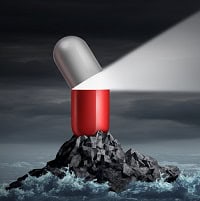Undoing Drugs - a Review by Tom Horvath, Ph.D.
Posted on December 2, 2021
Undoing Drugs: The Untold Story of Harm Reduction and the Future of Addiction, by Maia Szalavitz
Review by A. Tom Horvath, PhD
The harm reduction approach to addressing addictive problems has until recently been highly controversial, at least in the US. Treatment and other change efforts in the US have been primarily guided by the views that addiction is a disease and that the 12 steps are the primary (or only) method for change. Harm reduction accepts and encourages small steps toward change. The US approach has typically required an immediate and large change, often involving a completely new perspective: “I’m an addict, I have a disease, I will abstain from everything forever.” The small steps approach of harm reduction, even though it describes how most human change occurs, has ...
full story







